The final installation of Art in the Heart. Plus, a traveling replica of the Vietnam Memorial; the second annual Write Local, Read Local Author Fair; and more.
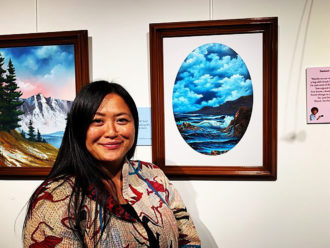

The final installation of Art in the Heart. Plus, a traveling replica of the Vietnam Memorial; the second annual Write Local, Read Local Author Fair; and more.
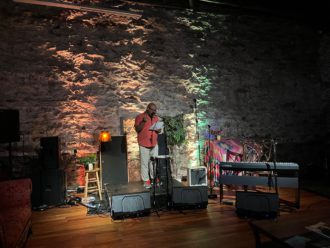
Poetry Open Mic Asheville, Dark City Poets Society and Punch Bucket Lit build community through welcoming, inclusive gatherings celebrating local authors and poets.
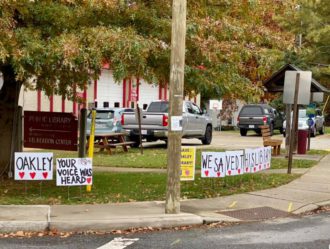
In a unanimous vote, the county Board of Commissioners directed staff to maintain the county’s current library branches — including those in Black Mountain, Oakley/South Asheville and Swannanoa — and explore other ways to improve the system.

“Oakley, Swannanoa and Black Mountain would be diminished by the disappearance of these public places — a refuge for many of us.”

“Stop building things from the top down! Start with a foundation! The foundation of a district is its people.”

“Our community deserves all that the others have. It is up to each of us to embrace the future, even if it means change.”
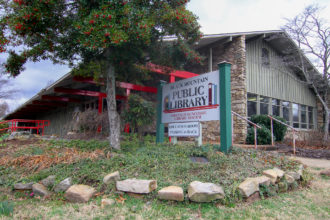
To focus resources on larger regional branches, a proposed Library Master Plan would close three existing libraries in Black Mountain, Oakley/South Asheville and Swannanoa. Neighborhood groups in those areas fiercely oppose the changes, as they’ve made clear in recent community listening sessions hosted by the county.
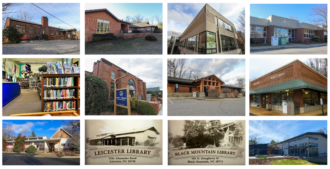
Projected capital investment costs for implementing the library plan total at least $81 million over the next 15 years, including nearly $18 million for a new 25,000-square-foot facility in Enka/Candler and over $16 million for a new building of the same size in West Asheville.
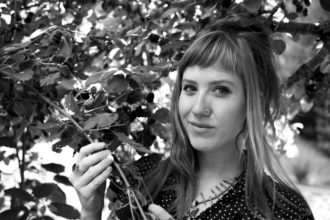
Becky Beyer, an ethnobotanist, wild food enthusiast and cultural historian, will lead a workshop on Appalachian folk medicine Saturday, March 14, at the Black Mountain Library.
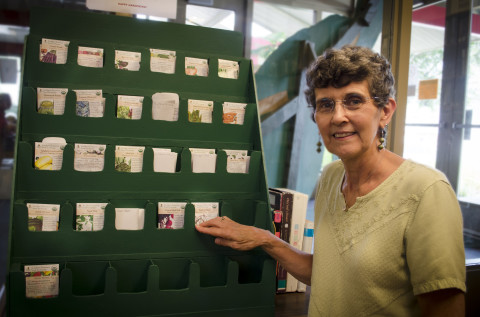
The premise of a seed library is relatively simple — patrons of the library “check out” their selections to grow the season’s crops and then return usable seeds from their harvest at the end of the season. The goal is to provide a free source of locally adapted crops and contribute to the biodiversity of local agriculture. Ideally, as the seed library continues to operate, the number of seeds and varieties available will continue to increase.